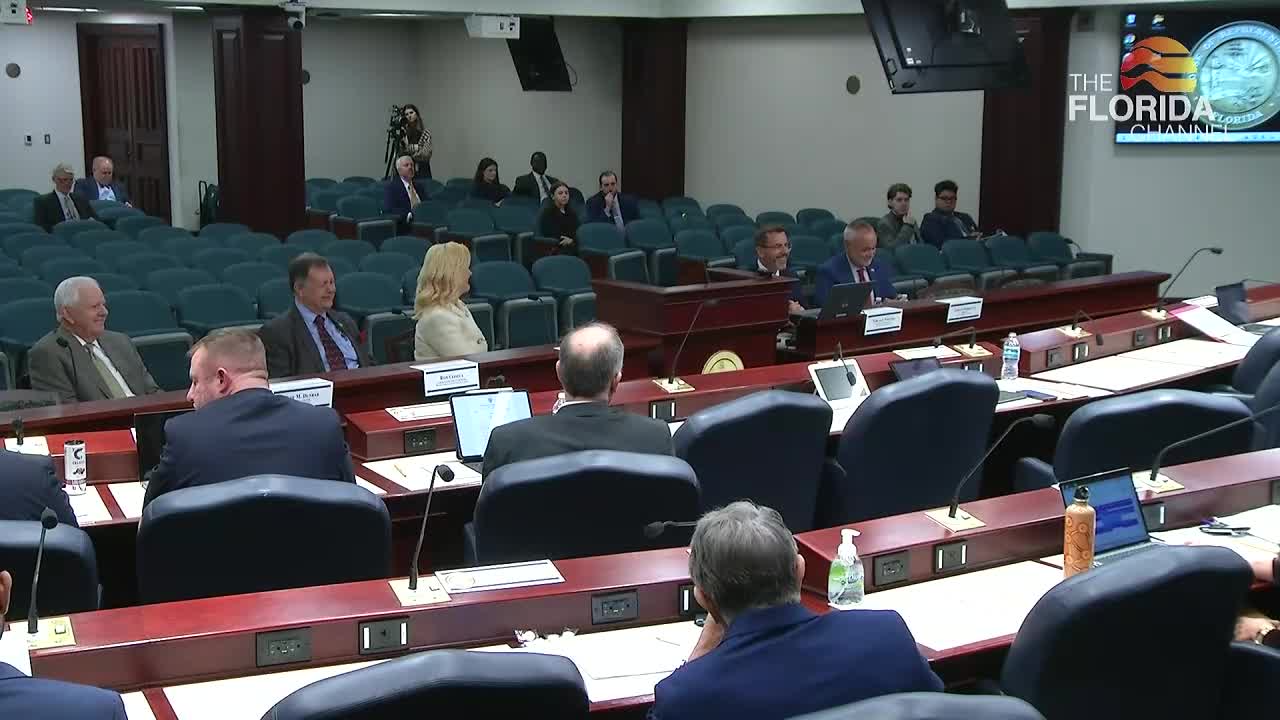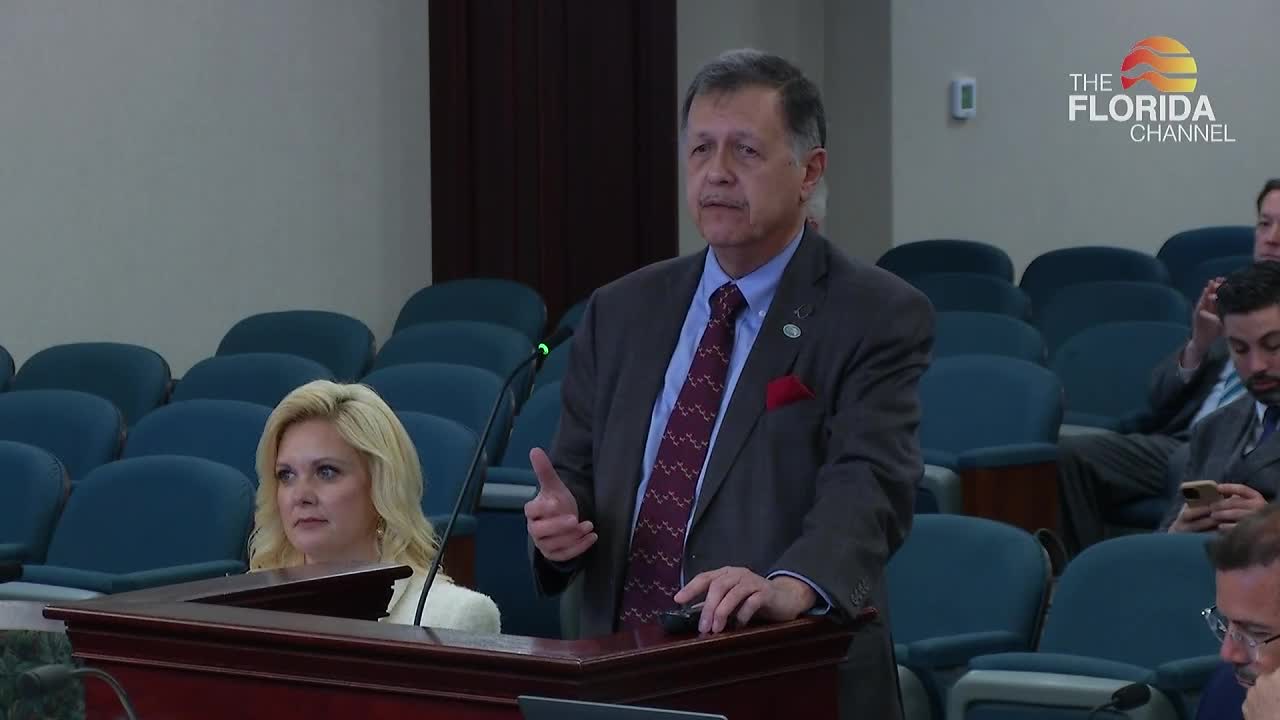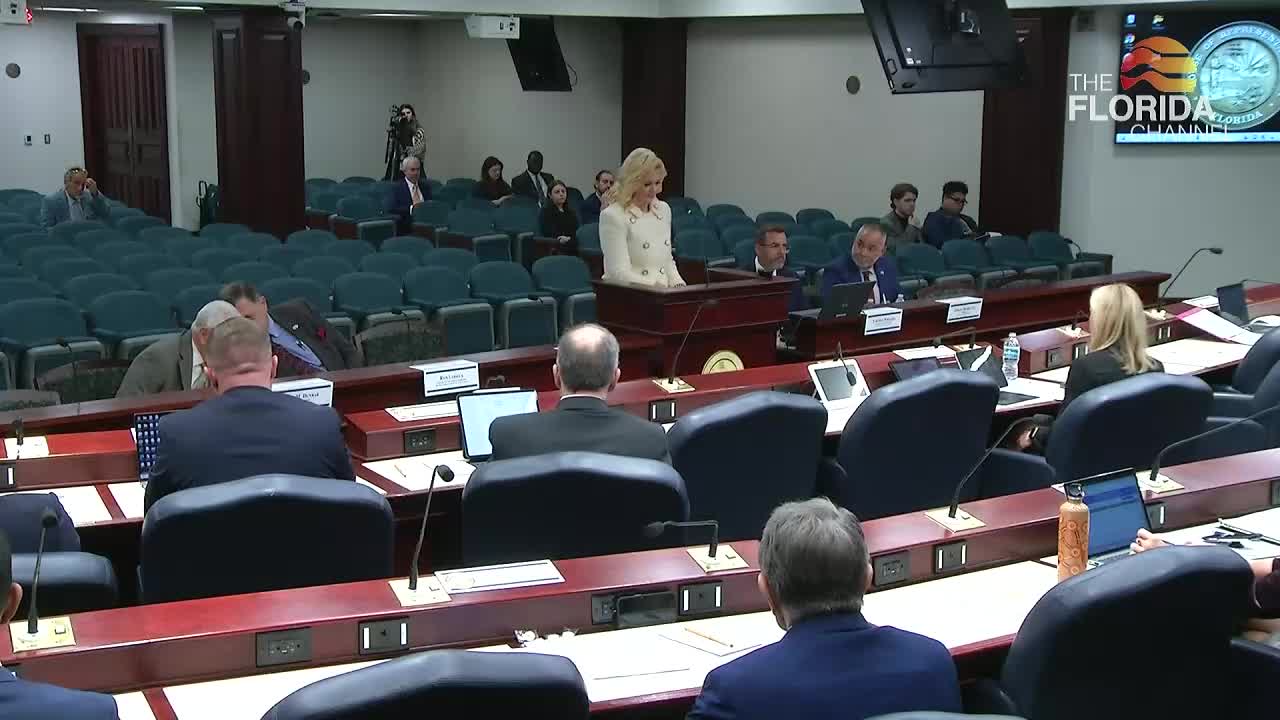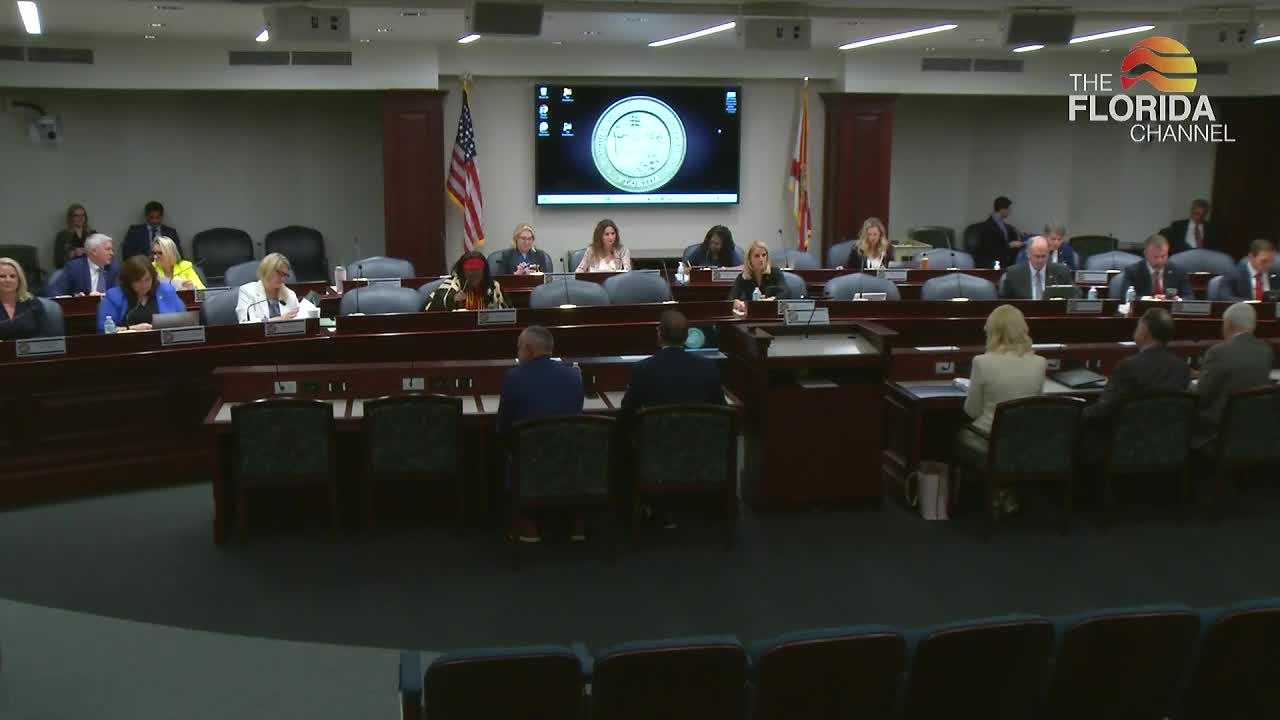Article not found
This article is no longer available. But don't worry—we've gathered other articles that discuss the same topic.

Contractors, building officials warn of capacity, cost and oversight gaps as condo repairs mount

Engineers and building officials explain SIRS, milestone inspections and coastal risks

DBPR says SIRS database is live but incomplete; agency lacks strong enforcement power

